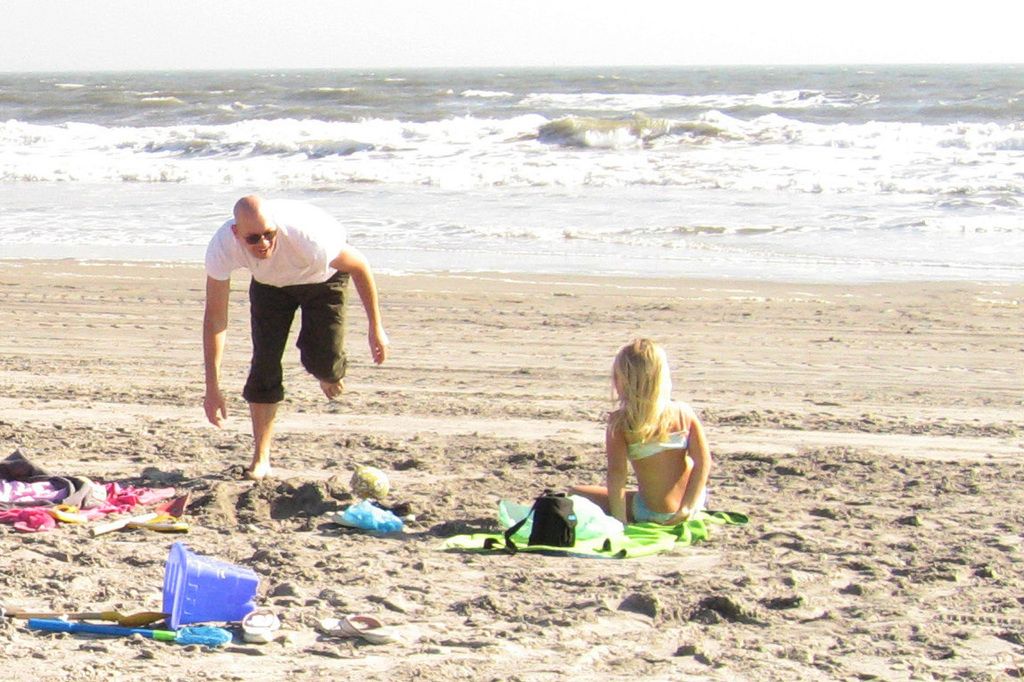Caveat Emptor: Be Wary of Unexpected PayPal Deposits - Latest Scams to Avoid
Mysterious Funds Influx
If you're baffled by a mysterious deposit in your PayPal account, tread carefully. Scammers are on the prowl, and if you're not careful, they'll leave you broke. That's the word from NRW and Rhineland-Palatinate's consumer centers.
So, how does this cunning scheme unfold? Scam artists send unanticipated payments to your PayPal account and promptly request a refund via "Friends and Family." It seems innocent, right? But here's the twist: when you return the money, the buyer protection is deactivated, meaning you won't get your hard-earned cash back. Meanwhile, the conniving artists seize the opportunity to open a dispute for their phony payment and retrieve their money straight from your account. Boom! They've managed to swipe your dough and yours too!
Crooks Cash Out
As soon as they've pocketed your cash, they pull a fast one. They initiate a dispute for their supposed accidental payment, made through the "Goods and Services" transaction mode, and demand their money back. PayPal obliges, and like magic, the ill-gotten funds vanish from your account.
So, how can you dodge this lowlife trap? The consumer centers advise straightforward refunds of the initial payment instead of initiating a new one. To do this, simply open the payment from the alleged scammers in your PayPal activities on the app or browser, and follow the prompts to send a refund. This nifty maneuver foils the scammers' devious plan!
For more specific instructions on how to carry out a refund, visit the PayPal website.
Pro Tip: Don't Fall for the Tricks of PayPal Scammers
To recognize and dodge PayPal scams involving unexpected payments, arm yourself with awareness and follow these expert tips:
- Brush off unexpected payments from unknown senders. Scammers sometimes dupe by sending unauthorized or fake payments to entice you into scams.
- Scrutinize email sender addresses. Scammers often conceal themselves by using email addresses that mimic official PayPal emails, but contain small errors or additional characters.
- Get a whiff of generic greetings and urgent language. Legitimate PayPal communications use your full name or business name, but scam emails usually begin with vague greetings like "Dear Customer" and use urgent language to rattle you.
- Detect suspect links and attachments. PayPal doesn't ask for sensitive data via email. Avoid clicking suspicious links or opening unexpected attachments. Log into your PayPal account directly through the official website or app to verify any payments or notifications.
- Nope on requests for personal information or login credentials. PayPal would never ask for your password, credit card number, or other personal information via email. "Spoof email" is a scam tactic.
- Shrug off poor grammar and formatting. Fake emails are often filled with spelling mistakes, improper phrasing, and inconsistent branding.
- Dismiss phone numbers in emails. Legitimate PayPal emails seldom include phone numbers or request you to call without delay.
Stay Safe, Stay Smart
- Avoid clicking on links or downloading attachments from questionable emails. Instead, log into your PayPal account using the official website or app.
- Don't engage with unexpected messages requesting action. Ignore notifications about payments you didn't initiate. Confirm the legitimacy of such payments by logging into your PayPal account separately.
- Report fishy emails to PayPal. Forward any suspicious emails to [email protected]. By doing so, you're helping PayPal track and eradicate scammers.
- Shield yourself with PayPal’s fraud protection tools. If you're a seller, utilize PayPal's advanced fraud protection features to assist in detecting and halting fraudulent transactions.
Follow these guidelines, and you'll be well-equipped to steer clear of PayPal scams involving unexpected payments from unknown senders. Always exercise caution when dealing with suspicious or urgent payment-related emails, and verify all information by logging into your official PayPal account. Stay wise, Internet warrior!
- The Commission, in the context of the single market, has also proposed a directive on the protection of consumers, particularly concerning technology and finance, emphasizing the need for awareness to avoid falling prey to scams, such as the latest PayPal scam involving unexpected payments from unknown senders.
- As technology continues to evolve, consumer centers advise consumers to remain vigilant against PayPal scams, using tips like scrutinizing unexpected payments, identifying suspicious emails, verifying payment legitimacy, and leveraging PayPal's fraud protection tools, all in an effort to protect their finances and maintain a secure environment for online transactions.








